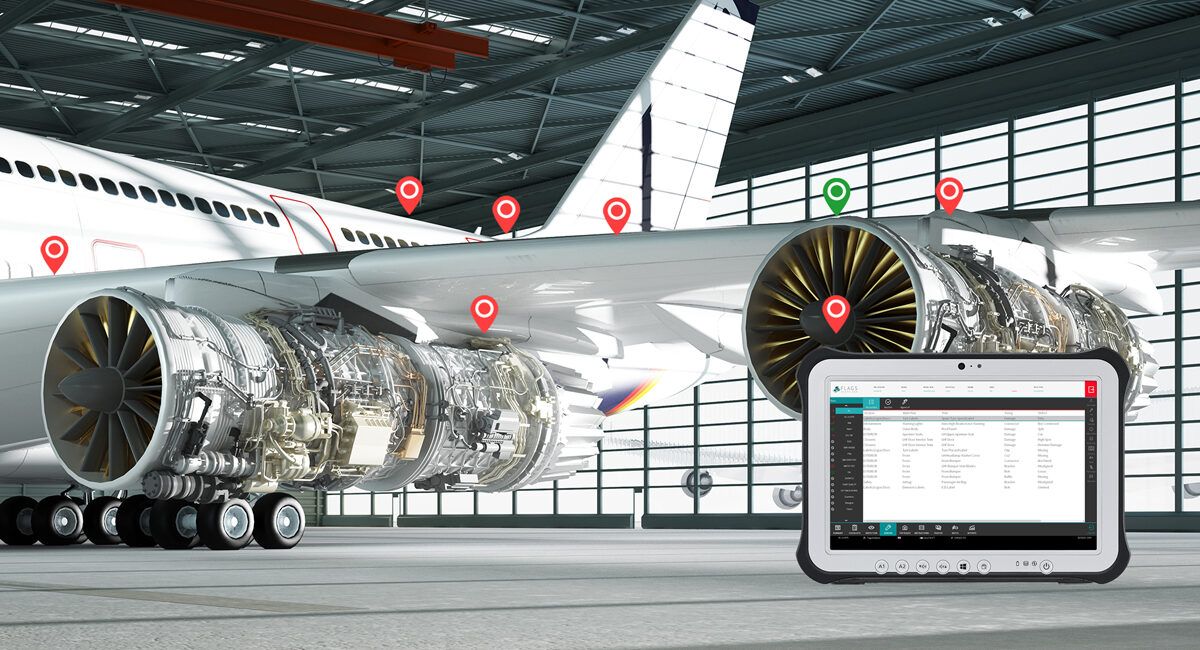Quality control in manufacturing is so much more than a process; it’s a cornerstone of success. It ensures that every component, part, and product meets the highest standards. This is pivotal in establishing a robust manufacturing business and a streamlined production process.
However, inadequate quality control increases costs and causes further delays in the supply chain, thus harming your business. It’s crucial for manufacturers to perfect their quality management processes from the onset. Proper implementation of quality control not only enhances customer satisfaction but also safeguards your brand’s reputation and boosts profitability. Here are five ways your manufacturing business can benefit from top-tier quality management software like FLAGS.
Increased Revenue through enhanced quality
Increasing profitability is the primary aim for all manufacturers and quality control software can help support this. Implementing quality management from the design stage of a product’s lifecycle allows early identification of issues, reducing rework and scrap. This consistency in quality elevates customer satisfaction, bolsters demand, and drives sales.
Customer satisfaction is improved due to consistent quality levels, and manufacturers can offer quality initiatives and warranties with absolute confidence in their products. This, in turn, increases demand, therefore increasing sales.
FLAGS Quality Control Software offers complete transparency of your manufacturing process, from start to finish we provide clarity at every stage of production. Our software allows you to review data and feedback at every stage of production to maintain standards of quality and execution.
Delivering consistent products every single time
For manufacturers, consistently delivering high-quality products is essential. Every component and part must meet stringent standards consistently.
FLAGS Software ensures total visibility throughout your production process, reducing errors and improving efficiency. Originally developed for the demanding automotive sector, FLAGS Software is now revolutionising sectors, including marine and modular construction.
Operators can ensure every part and component adheres to precise standards, ensuring product uniformity and reducing the need for rework. With functionality specifically for the manufacturing industry, our quality management software ensures all products are produced to the exact specifications, providing conformity and quality assurance. This also means you make it once and minimise rework, making your manufacturing process as efficient as possible.
Increased capacity through technological integration
Technology plays an important part in quality control – when you automate your quality management process, you can free up resources, minimise waste and reduce inefficiencies, improving overall production.
For example, siloed data is a challenge many manufacturers face. But when data is unified, manufacturers can optimise their production processes, and ensure quality standards are met.
FLAGS Software integrates with a range of industry-standard ERP and MES systems for improved capabilities and data reporting.
All data is updated in real-time, and easily accessed from a centralised dashboard. This means decisions can be made to prevent further issues, prioritise resources and understand where there’s excess waste and inefficiencies. All of this gives manufacturers in automotive, aerospace, marine and rail complete traceability and visibility across the production process, helping them make data-driven decisions.
Boosting production efficiency
Introducing quality control at the onset of production offers a transparent view of each stage, allowing for a comprehensive assessment of performance. This insight is invaluable in identifying areas for improvement and resource allocation.
When this is done in tandem with work measurement, which helps you understand the standard time in which a task should be performed (taking delays and other issues such as fatigue into consideration) you can capitalise on production efficiency. This helps to prevent an influx of quality issues and ensures all resource is focused on producing new products and meeting the targets required
Brand Protection through consistent quality
Your brand’s reputation is a direct reflection of your product’s quality. When you have a proper quality management system in place, you’ll be prioritising your brand’s reputation.
By focusing on providing consistent, high-quality products, the risk of having to replace faulty goods is massively reduced, and customer satisfaction is prioritised. As a result, businesses can strengthen brand reputation as they’ll be renowned for supplying consistent parts, components and products. A way of ensuring products are quality assured is by implementing a quality system such as FLAGS Software that continually evolves and improves your production line.
Take control of your quality management with FLAGS Software
FLAGS Software’s team of experts have decades of experience in helping manufacturers work smarter, not harder. We are industry experts. To find out more about our quality control inspection software and how to take your manufacturing processes to a new level of excellence, get in touch today.
Recent Posts






